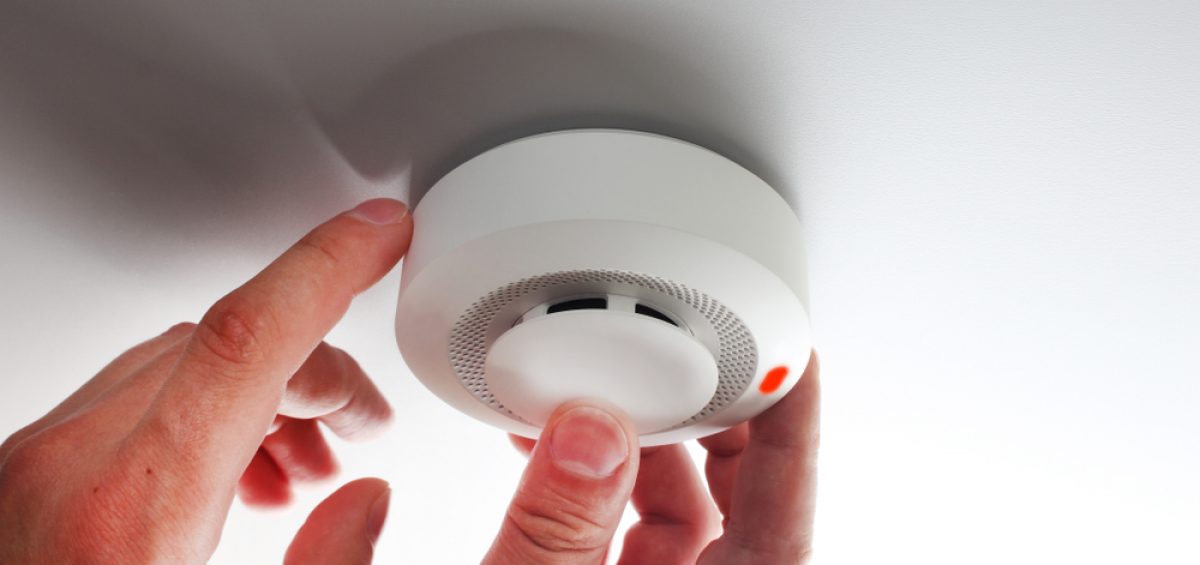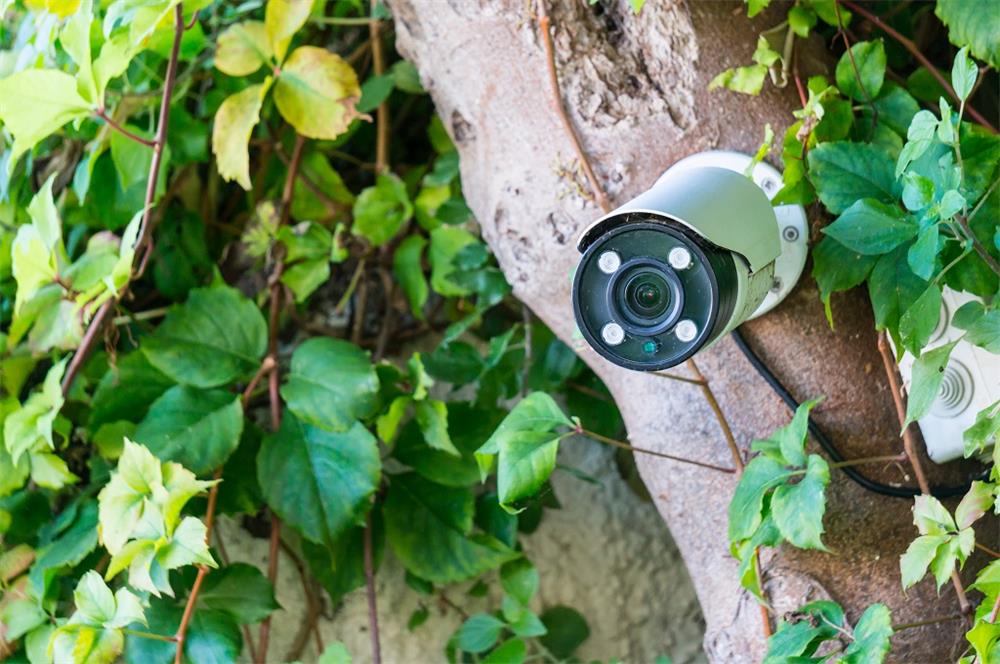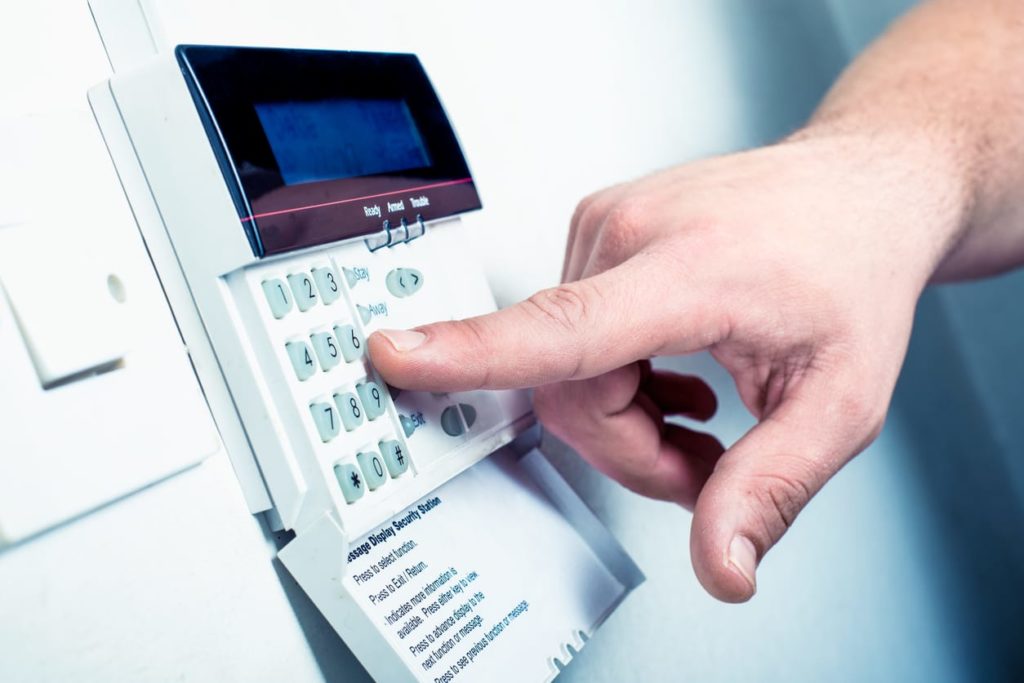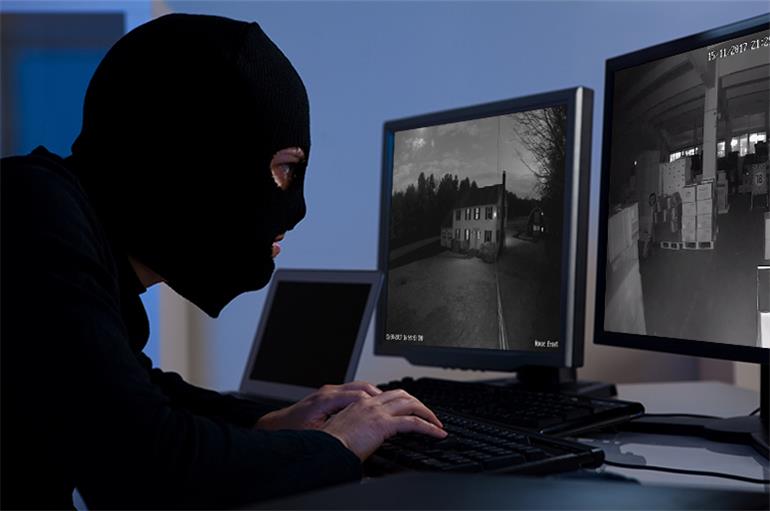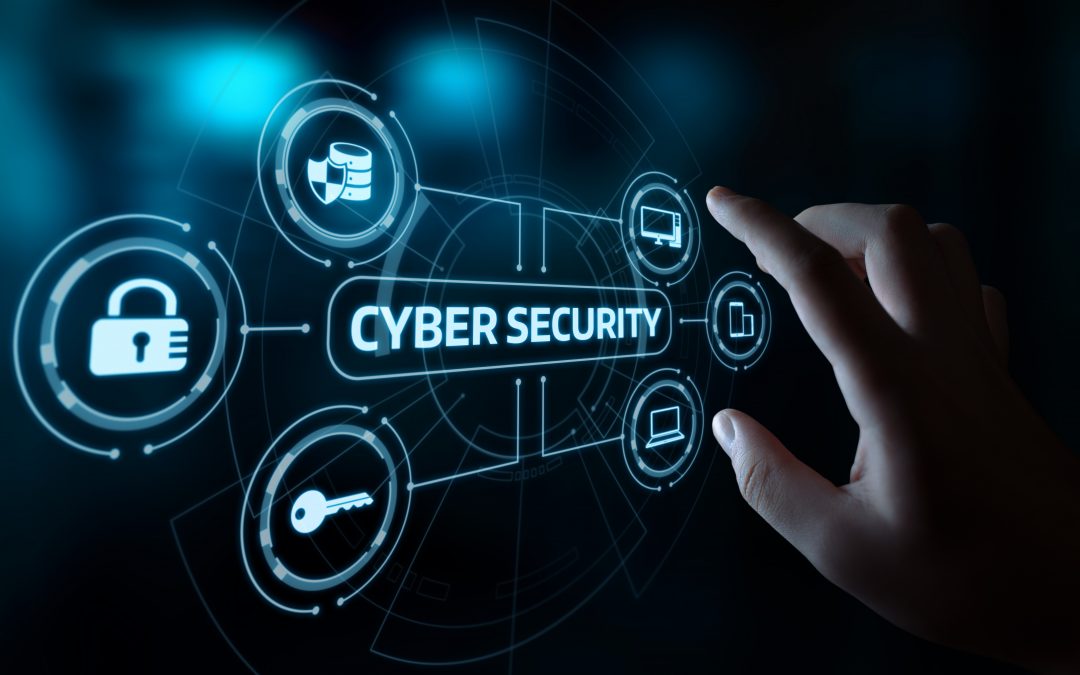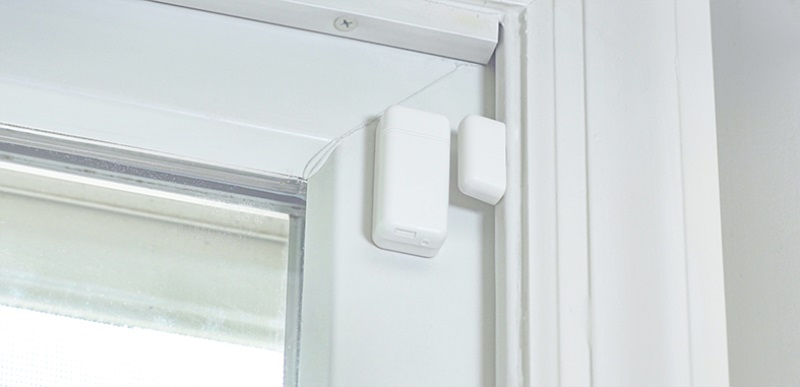Contents
Are you concerned about your online privacy and security? Do you want to access geo-restricted content or improve your online gaming experience? If so, a virtual private network (VPN) may be just what you need for your home internet.
What is a VPN?
A VPN is a technology that allows you to create a secure and encrypted connection between your device and the internet. When you connect to the internet using a VPN, all of your internet traffic is routed through an encrypted tunnel, which helps keep your online activity private and secure.
Think of it as a private road that only you can use. Instead of sharing the public road with other drivers (and potentially having someone watching where you go), the VPN creates a separate path for only your data to travel on.
The Importance of Online Privacy and Security
In today’s digital age, our personal information is constantly at risk. Hackers and cybercriminals are always looking for ways to steal sensitive information such as credit card numbers, social security numbers, or login credentials.
Not only can hackers steal our sensitive information, but Internet Service Providers (ISPs) also track our online activity in order to sell our personal data to advertisers. This means that even if we are not doing anything illegal or unethical online, we may still be sacrificing our privacy without even realizing it.
But fear not! By using a VPN for your home internet connection, you can protect yourself from these threats.
A good VPN will encrypt all of your internet traffic and keep it hidden from prying eyes – making it nearly impossible for hackers or ISPs to monitor or track what you are doing on the web. So whether you are browsing social media sites, streaming movies or playing games online – using a VPN helps ensure that nobody else can see what websites you’re visiting or what kind of data you’re transmitting over the internet.
Benefits of using a VPN for your home internet
Protection from hackers and cybercriminals
Online security is a major concern these days with the increasing number of threats. Hackers and cybercriminals are always on the lookout for unsuspecting victims to target. That’s where a VPN comes in handy.
A VPN encrypts your internet traffic, making it difficult for anyone to intercept or snoop on your online activity. This means that even if a hacker manages to intercept your data, they won’t be able to make sense of it.
There have been numerous instances where hackers have managed to break into people’s computers and steal sensitive information such as credit card details, passwords, etc. With a VPN, you can protect yourself from such attacks. It creates a secure tunnel between your device and the VPN server, ensuring that all data is encrypted before it leaves your computer.
Examples of cyber attacks that can be prevented with a VPN:
– Man-in-the-middle (MITM) attacks – Phishing attacks – Malware infections
Access to geo-restricted content
One of the most common reasons people use a VPN is to bypass geographical restrictions on content. Many streaming services such as Netflix, Hulu, etc., are only available in certain countries due to licensing agreements.
If you’re traveling outside those countries or living in one where these services aren’t available, you won’t be able to access them without a VPN. A VPN allows you to connect to servers located in different countries, thereby giving you access to content that would otherwise be unavailable.
For instance, if you’re in India but want to watch US Netflix shows, simply connect to an American server through your VPN app and voila! You’ll now be able to stream any US show on Netflix just like you were sitting in America.
Examples of popular streaming services that are only available in certain countries:
– BBC iPlayer (UK) – Hulu (US)
– Amazon Prime Video US – Disney+ (US, Canada, UK)
Anonymity online
Another benefit of using a VPN is that it hides your IP address. An IP address is a unique identifier assigned to your device when you connect to the internet.
It can be used to track your online activity and even pinpoint your physical location. With a VPN, your real IP address is replaced by the VPN server’s address.
This means that any website or service you connect to will see the server’s IP instead of yours. This makes it impossible for anyone to track you or your online activity.
Anonymity is important when browsing the internet because it helps protect your privacy. You may not want websites tracking you across the internet and building profiles on you based on your browsing habits.
Protection from ISP tracking
ISPs (Internet Service Providers) can track your online activity and even sell this data to advertisers without your consent. This is a major privacy concern for many people who don’t want their ISPs snooping on them.
A VPN encrypts all data transmitted between your device and the VPN server, making it impossible for anyone, including ISPs, to see what you’re doing online. This means that even if someone manages to intercept or eavesdrop on your traffic, they won’t be able to make sense of it since it’s encrypted.
Enhanced online gaming experience
Gamers often use VPNs to reduce lag and improve connection speed. By connecting through a VPN server located closer to the game server, gamers can reduce latency or ping time. This results in smoother gameplay with fewer interruptions such as lag spikes or disconnects.
Additionally, some games may be blocked in certain regions due to licensing agreements. By connecting to a VPN server located in a country where the game is available, gamers can bypass these restrictions and play the game from any location.
Examples of popular games that benefit from using a VPN:
– League of Legends – Fortnite
– PUBG – Overwatch
A VPN is an essential tool for anyone who values their online privacy and security. With its ability to protect against cyber attacks, provide access to geo-restricted content, ensure anonymity online, prevent ISP tracking, and enhance online gaming experience, it’s no wonder that more and more people are using VPNs today.
How to choose the right VPN for you
You’ve decided that using a VPN is important for your online privacy and security, but how do you choose the right one for you? There are a few key considerations to keep in mind when selecting a VPN.
Considerations when choosing a VPN provider
The first thing to consider is what features are important to you. Do you want access to a large number of servers around the world?
Are you looking for a provider that offers strong encryption and security protocols? It’s important to know what your priorities are before making a decision.
Another consideration is price. While there are many free VPN options available, they may not offer the same level of protection or speed as paid options.
Look into pricing plans and compare them with other providers to ensure that you’re getting good value for your money. Speed is also an important factor when choosing a VPN.
Some providers may slow down your internet connection more than others, so it’s important to look into this before making a decision. You can often find speed testing results online from other users who have tried different providers.
Popular options for home internet users
There are many different VPN providers available, but some have become more popular among home internet users than others. Here are some brief overviews of some popular options:
NordVPN
NordVPN is one of the most popular VPN services available today, thanks in part to its strong encryption protocols and wide server network. They offer apps for all major platforms and allow up to six simultaneous connections on one account.
ExpressVPN
ExpressVPN boasts incredibly fast speeds and excellent customer support, making it another popular choice among home internet users. They also offer a 30-day money-back guarantee, so you can try it out risk-free.
Surfshark
Surfshark is a newer VPN provider that has quickly gained popularity thanks to its affordable pricing and unlimited simultaneous connections. They also offer a variety of features, including ad blocking and malware protection.
CyberGhost
CyberGhost is another popular option that offers strong security features and user-friendly apps for all major platforms. They also have a large server network with options in over 90 countries around the world.
Private Internet Access
Private Internet Access (PIA) is known for its low price point and solid privacy protections. It offers apps for all major platforms and allows up to ten simultaneous connections on one account. However, some users have reported slower speeds with this provider.
Ultimately, the right VPN for you will depend on your individual needs and priorities. Consider what factors are most important to you before making a decision.
Conclusion
Using a VPN for your home internet provides various benefits, including protection from hackers and cybercriminals, access to geo-restricted content, anonymity online, protection from ISP tracking, and an enhanced online gaming experience. It is important to choose the right VPN provider based on considerations such as price, speed, number of servers, and more. In today’s world where cyber threats are becoming more prevalent, using a VPN can give you peace of mind that your online activities are secure.
Protection from hackers and cybercriminals is perhaps the most significant benefit of using a VPN. With a VPN encrypting your internet traffic, even if someone tries to intercept it, they will not be able to read or manipulate it.
Accessing geo-restricted content is another advantage of using a VPN. With many popular streaming services only available in certain countries due to licensing agreements or other restrictions, people often miss out on their favorite shows or movies when traveling abroad.
A good VPN can bypass these restrictions so that you can access the content you want no matter where you are. Anonymity online is also essential for many people who value privacy when browsing the internet.
A VPN hides your IP address so that websites cannot track your location or activities online. This feature also prevents advertisers from targeting you with personalized ads based on your browsing history.
Another benefit of using a VPN at home is protection from ISP tracking. Internet service providers (ISPs) can track your online activity and sell this data to advertisers or other third parties without your consent.
By using a VPN at home, you prevent ISPs from tracking what you do online and protect yourself against unwanted ads or data breach incidents. An enhanced online gaming experience is something every serious gamer should consider when choosing a good quality VPN service provider.
With reduced lag times between game devices across geographically distant locations and improved connection speeds overall provided by high-speed servers on virtual private networks, gaming online becomes more efficient and enjoyable. Using a VPN for your home internet is an excellent way to protect yourself from cyber threats, gain access to geo-restricted content, maintain anonymity online, prevent tracking by ISPs, and enhance your overall online experience.
With so many benefits to offer at an affordable cost with various competitive virtual private network service providers in the market today, there is no excuse not to have one. So go ahead and find the perfect VPN provider for you today!



